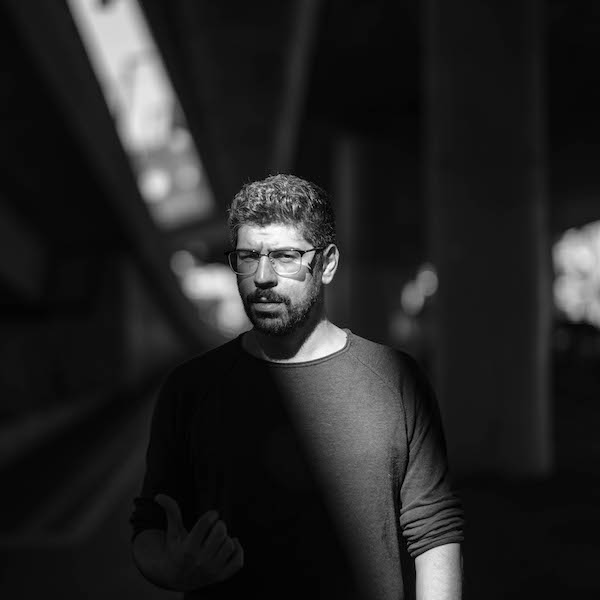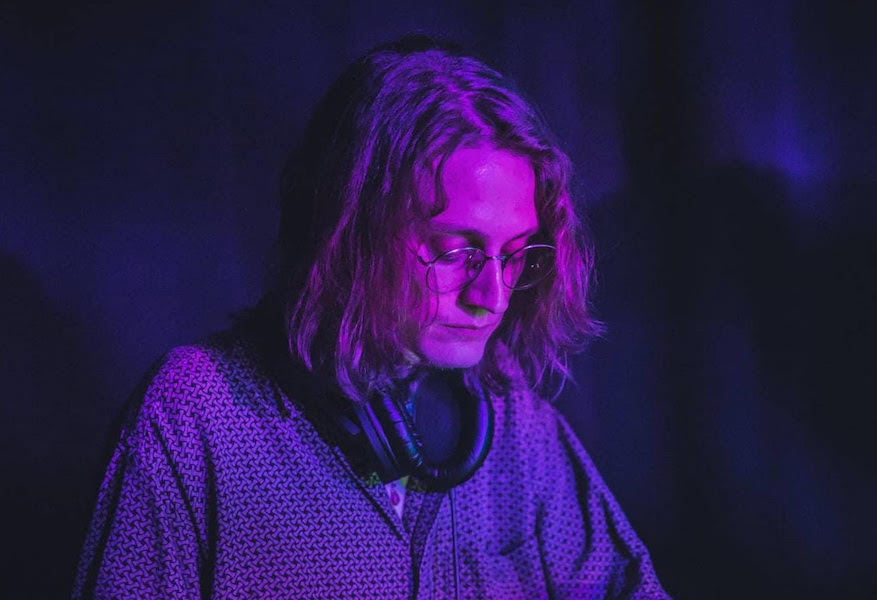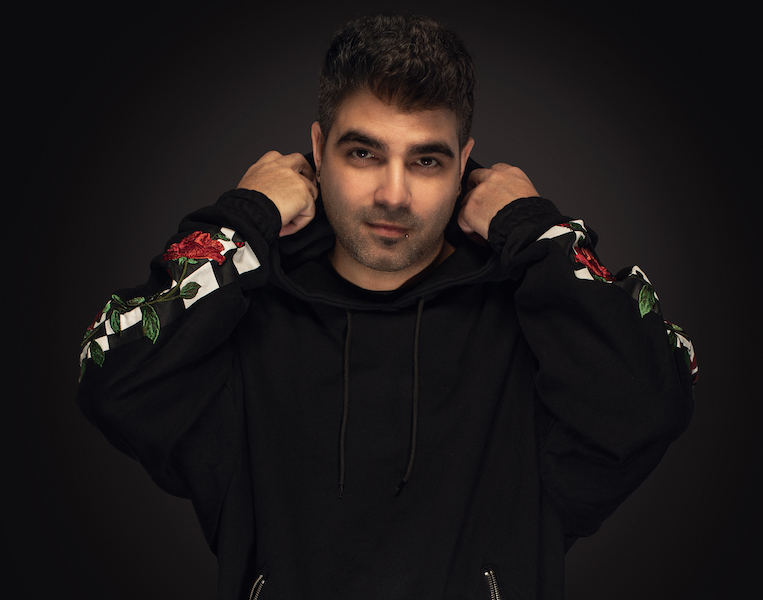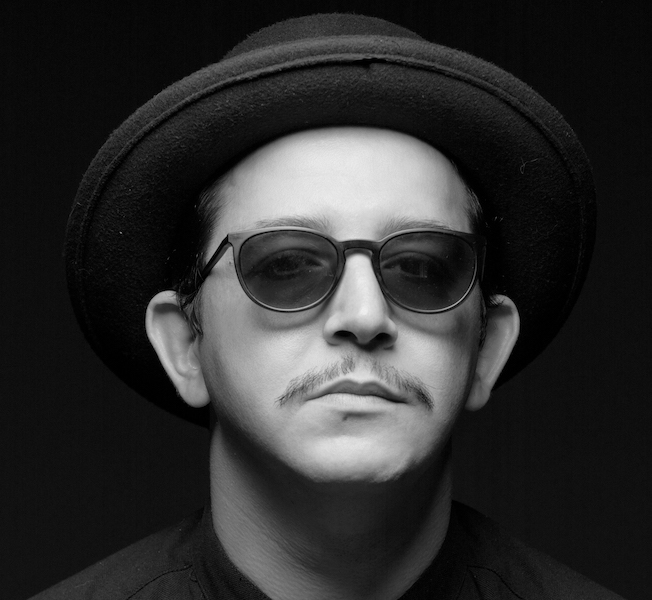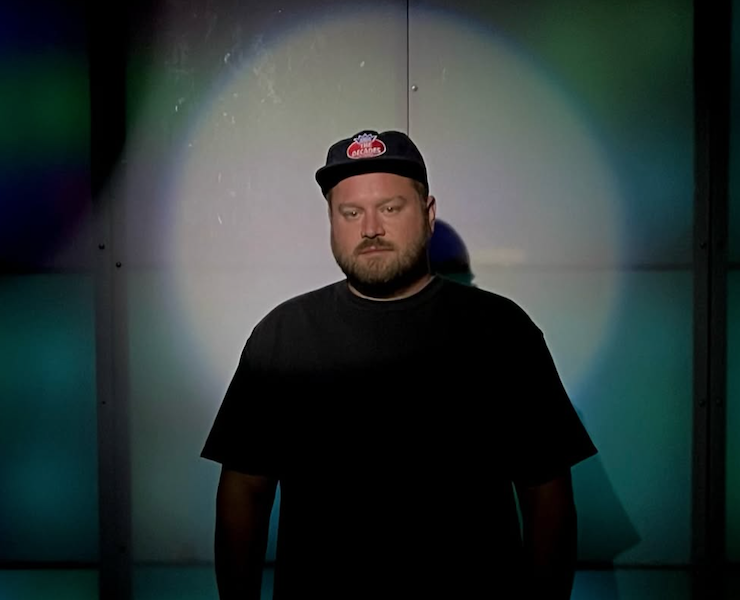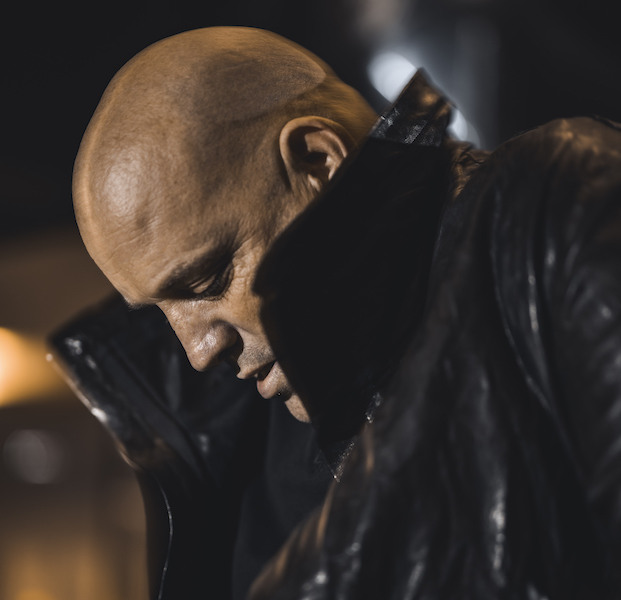‘Soma Soul is an electronic musician from Zurich (Switzerland) combining cinematic sounds with techno/electronica production. His pure love for melancholic melodies and subtle rhythms are a perfect setting to get your body & soul connected. Etymologists amongst us may have spotted a hint for that aspiration by the artist’s name: Soma means ‘Body’ in old Greek – as well as ‘a ritual drink that can create euphoria’ in the ancient language Sanskrit.
Soma Soul gets a lot of inspiration by nature. Especially the nordic kind of mystic & cold rural areas are beloved destinations of him and influence his writing. Which seems a bit unusual for a southern native who has seen his first lights of life in warm Italy… Sicily to be precise. His debut EP has been released at the end of 2018 on Jonas Rathsman’s ‘Elements’ imprint and created a buzz on dancefloors around the world while being played & supported by the likes of &ME, BOg, Villanova and many more. In the meantime, Soma Soul has landed more music on labels such as Luca Bacchetti’s ENDLESS or Bog’s ATLANT as he continues to move bodies & souls – with music beyond any genres.’
‘I’m happy to share some of my learnings with you – and I hope the following insights help some of you to create a more creative and effective workflow in the studio.‘ – Soma Soul
1. Inspiration
When it comes to music, I’ve always been fascinated by unconventional/alternative sounds and ideas. As a producer, I’m trying to take the audience on a journey and surprise them – so inspiration is key to my work.
Before starting a track/song, I usually don’t need a precise idea of what the track should be sounding like, because that’s the only way for me to create something that I didn’t expect.
Over the years I managed to understand what my sources of inspiration are. I love nature, for example. I am very often alone in the forest and go for walks even if it rains, listening to music of all styles or sit on a bench and stare at the sky. You will be amazed what can happen when the environment is right. Find something you love – be it films, nature, good conversations with friends, it can be anything – and embrace those moments!
2. Plugins
I practically work in the box.
What I’ve learned over the years: you don’t need a ton of plugins. Those that come with your DAW can be enough. Learn how to use them properly first! Personally, I had to learn this the hard way: spending a lot of money for the coolest plugins from very good brands… 10 different EQs, 20 compressors etc… The result was that I’ve been distracted so much, that first of all I didn’t know how to use any of those properly and for sure it didn’t help me to finish tracks. Some call it ‘choice paralysis’.
During that process I’ve learnt to focus on the essentials. It was painful to uninstall the plugins that I wouldn’t use regularly. But it worked – and I finally learnt how a compressor is really being used…. So my advice would be: evaluate carefully what you really need when something new (e.g. a plugin) comes out.
3. After Producing Comes Reducing
It sounds simple, but it is not (at least for me).
When you’ve finished a track, leave it on the side for a few days and work on new things. Then you can go back, and you may notice that some of the elements are adding nothing to the track. That’s when you have to decide what elements – for example a tom, bongo hit or hi-hat – are just ‘make-up’ and you won’t miss it when you delete it. I use this ‘extra-loop’ to minimize distractions within my tracks.
And that’s when the intense exchange between me and my friend, partner and executive producer comes to life. He gives me additional inputs on arrangements, sounds and general stuff that’s going on in my artist life. Sometimes we also spend time in the studio together. It’s valuable to have someone you trust, and you can talk about with that kind of work stuff.
4. Don’t Force It
This is something I was doing for too long.
I forced my creativity, i.e. I sat in the studio and really wanted to start or finish something, but then I spent time in front of the computer for hours and ultimately got nothing and my day was wasted too.
So I have decided to follow a certain rhythm during the day as I set a time limit of 2 hours. If I’m not getting creative during that time, I stop – but if I’m ‘in the groove’ the session can go for 6 hours or even the whole day. If that’s the case, it feels right and I work faster and more efficiently – and avoid frustration. So my advice: don’t force it, it’s ok if nothing comes out sometimes.
5. Don’t sell yourself
Don’t do what everyone else is doing.
When I started this project, it was clear to me from the beginning that I didn’t want to be pushed into a genre. ‘Soma Soul’ shouldn’t sound like something that’s already out there.
The first thing I did was to reflect on what I actually like. I love film music that inspires me, and I can still combine that with club productions. Secondly, I stopped trying to recreate certain sounds that I hear in other tracks. It felt boring and I always aim for my ‘own’ sound anyway. I think that’s one of the reasons my music got signed on imprints such as ATLANT or ENDLESS. I believed in my music over the years – and so should you. Don’t fall into the trap of trying to take a short cut. Be patient, produce the music you love and the rest will fall into place!
Buy His Latest EP HERE

